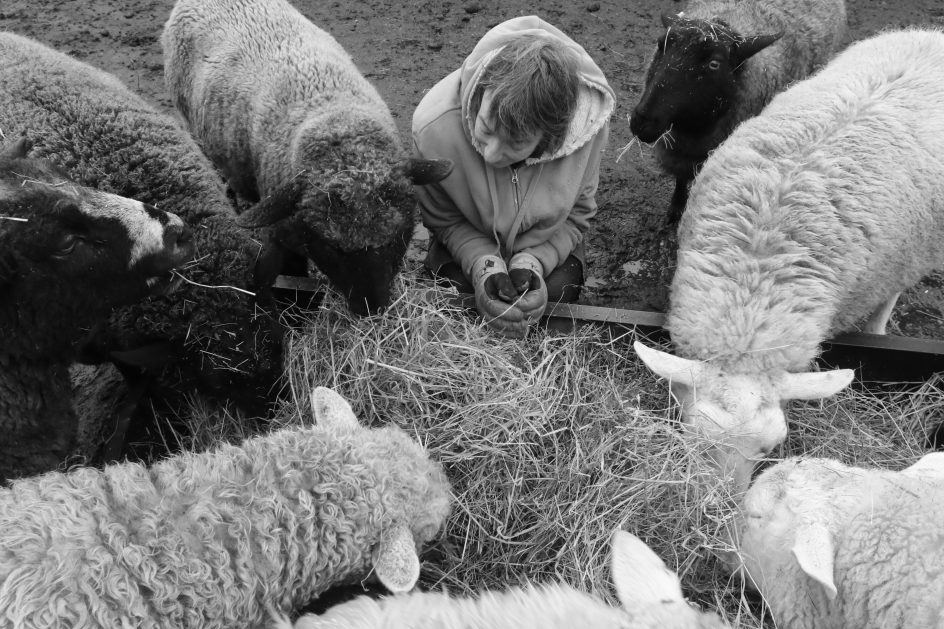
This Sunday, Maria will set out on a grueling, two-day trip to Kolkata, India, to teach the victims of sex trafficking there how to make her humble but artistic and much-loved potholders, themselves symbols of her own long and hard emancipation.
She and I both also know that the trip is much, more than that.
It is a very personal story.
For both of us, the trip is a very powerful reminder of her having overcome so many of the obstacles thrown in the path of women as they seek to find their voice and rightful place in the world.
It is a testament to her strength and courage.
At almost every turn in her life, she was confronted by the chains and strictures men and their culture have always placed on women. And that shut her down for much of her life. This is, to many, a familiar story.
In her family, she was taught that her mission in life was to meet a man, get married, have children, keep them close, so that when she got older, they would take care of her.
That was their purpose in life, that was what women did.
Women stayed home. They had children and cared for them, they did not travel, seek adventure, raise their voices, make art, expect to be heard.
Again and again women were told, as she was told, and usually by men, to sit down and be silent.
Nevertheless, she persisted.
She was told she must submit to a ritualistic and hierarchical world of family and ritual in which she had no voice, was unknown and was denied her identity. She could not be herself. She felt invisible there, unknown.
Nevertheless, she persisted.
She married, fulfilling the narrow expectations of her, and gave her identity away to another. She put aside her art, fixed up old houses, climbed on rooftops, hauled bricks and rocks. She lived a substitute life..
She was encouraged to give up her art, not to practice it, and she fell in a sad and dark place. She gave up her hopes for life. She sat down, and was quiet. She lost her voice.
Nevertheless, she persisted.
When she gathered the strength to change, she was terrified without security or resources, often certain that the voices telling her to be safe and give up her dreams were the right voices. She left her marriage, she refused alimony or support, was penniless and nearly homeless. She had to start all over again.
Nevertheless, she persisted.
She changed her life. Her hero journey had just begun. She looked for love. She found her art again.
She found her voice again. She made her art again. She began to hear to a new voice – her own – that said, yes you can live your life, make your art, be free and strong. Her new voice emerged in her humble potholders, in her goddesses, quilts and wall hangings.
Others saw it well before she did, she has no arrogance in her.
They saw her voice emerging, she was standing up, speaking, she cast aside the obstacles and taboos and diminishments men – and some women – had always used to keep her quiet and suppress her dreams.
Maria’s trip to India is a manifestation of all the things she was told – and believed – she could never do, should never do, were beyond her strength and abilities. Plan a trip. Go far away, to a strange and different land. Raise the money. Make her reservations, get her visa, prepare to teach other people how to do what she does, eagerly agree to head for the unknown.
And did all those potholders help to do this? Maria never gave up on her potholders, and never will. She never raised her prices much, never abandoned them only for fancier and more lucrative works. So they took her to India. And so many people were eager and happy to help. They saw what was happening.
A big door had opened.
I think everyone but her could see what was happening, could sense a voice and identity emerging. This is one of the powerful things about art, it tells the truth, it speaks for itself. It is identity and affirmation.
So those humble little potholders are the feisty and proud angels going along for the ride. The represented all of the things she believed and was told she could not do, and is now doing.
Nevertheless.
She persisted.
